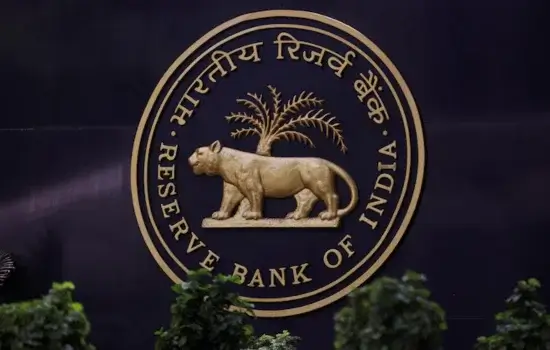The Reserve Bank of India (RBI) has raised concerns over the fiscal implications of state governments’ populist measures, such as farm loan waivers and free utilities. In its report titled “State Finances: A Study of Budgets of 2024-25,” the RBI cautions that such expenditures could impede the allocation of funds necessary for critical social and economic infrastructure development.
Fiscal Consolidation Achievements
The report acknowledges that state governments have made commendable progress in fiscal consolidation. For three consecutive years (2021-22 to 2023-24), they have maintained their aggregate gross fiscal deficit (GFD) within 3% of GDP. Additionally, the revenue deficit was restricted to 0.2% of GDP in both 2022-23 and 2023-24. This fiscal discipline has enabled states to increase capital spending and enhance expenditure quality.
Rise in Subsidy Expenditure
Despite these achievements, the RBI highlights a sharp rise in subsidy expenditures as an area of concern. Driven by initiatives such as farm loan waivers, free or subsidized electricity, and cash transfers to specific demographics, these subsidies have escalated significantly. The RBI warns that without rationalization, such spending could crowd out resources essential for more productive expenditures, particularly in infrastructure development.

Debt Levels and Fiscal Health
The report notes that while states’ total outstanding liabilities have declined from 31% of GDP at end-March 2021 to 28.5% at end-March 2024, they remain above pre-pandemic levels (25.3% at end-March 2019). High debt-to-GDP ratios, coupled with increasing subsidy burdens, necessitate continued fiscal prudence. The RBI emphasizes the need for states to persevere with fiscal consolidation while prioritizing developmental and capital spending.
Impact on Developmental Expenditure
The allocation of substantial funds toward subsidies has the potential to limit states’ capacity to invest in critical social and economic infrastructure. This could hinder long-term development goals and affect the quality of public services. The RBI underscores the importance of balancing welfare measures with sustainable fiscal practices to ensure that essential infrastructure projects receive adequate funding.
Recommendations for Fiscal Discipline
To address these challenges, the RBI recommends that states:
- Rationalize Subsidy Expenditures: Evaluate and streamline subsidies to ensure they are targeted and do not impede developmental spending.
- Strengthen Fiscal Responsibility Legislations (FRLs): Enhance state-specific FRLs to enforce fiscal discipline and sustainable budgeting practices.
- Focus on Capital Expenditure: Prioritize investments in infrastructure to promote long-term economic growth and improve public services.
- Enhance Financial Health of State-Owned Enterprises: Address the financial challenges of state-owned entities, particularly electricity distribution companies (DISCOMs), to reduce fiscal risks.
Conclusion
The RBI’s report serves as a critical reminder of the delicate balance required between implementing welfare measures and maintaining fiscal health. While subsidies and populist schemes may offer short-term benefits, their long-term fiscal implications could impede states’ developmental objectives. Prudent fiscal management, with a focus on sustainable and productive expenditures, is essential to ensure that states can continue to invest in the infrastructure and services necessary for economic growth and public welfare.